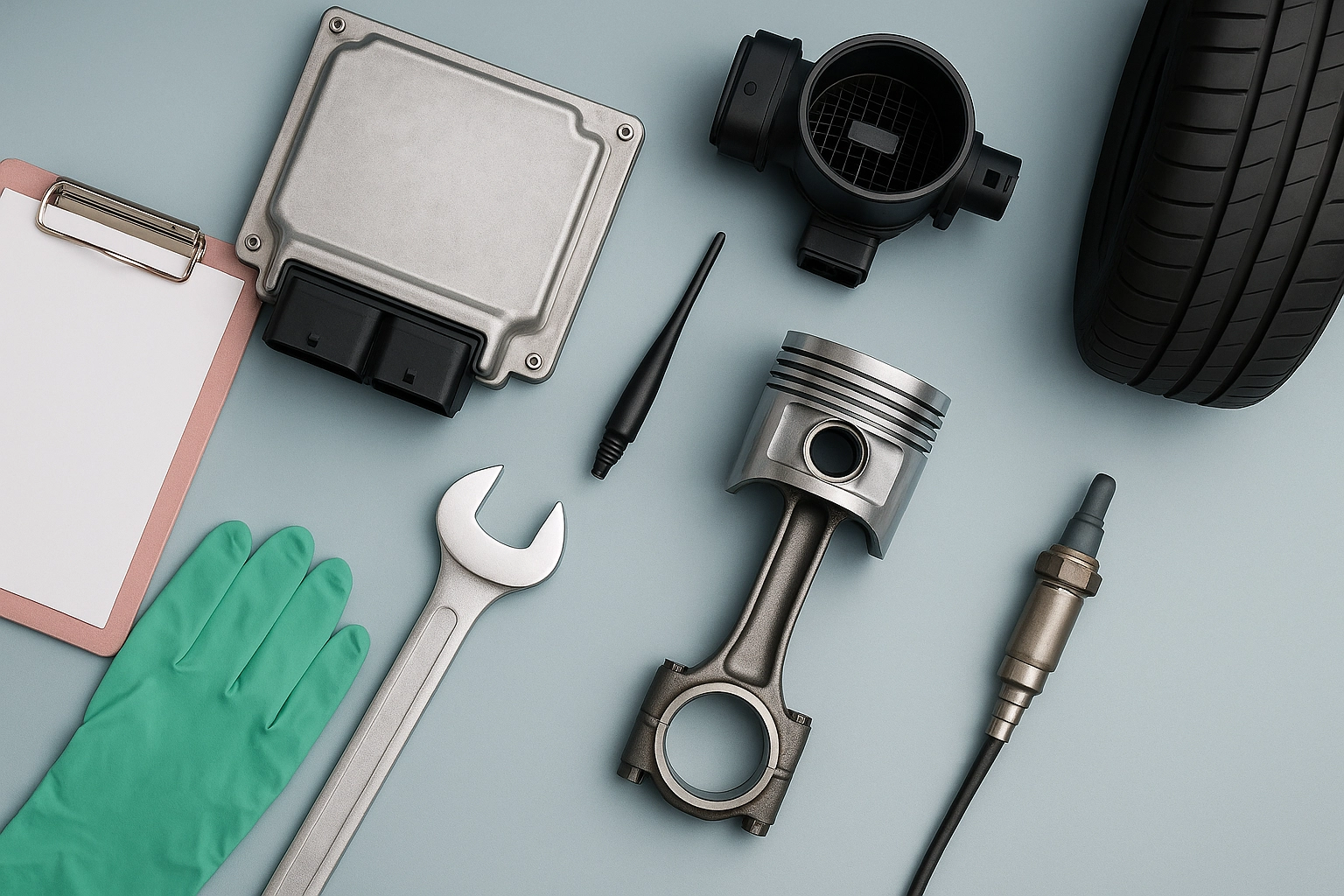SAE J3280 Engine Aftertreatment Efficiency Test
The SAE J3280 test is a critical procedure that evaluates the efficiency of aftertreatment systems in diesel engines, particularly focusing on their ability to reduce harmful emissions such as nitrogen oxides (NOx), particulate matter (PM), and other pollutants. This testing method is essential for ensuring compliance with stringent environmental regulations worldwide.
Engine aftertreatment technologies like selective catalytic reduction (SCR) systems, exhaust gas recirculation (EGR), diesel particle filters (DPF), and oxidation catalysts play a pivotal role in reducing emissions from internal combustion engines. The SAE J3280 test provides a standardized approach to measure the performance of these systems under controlled laboratory conditions.
The test involves simulating real-world driving cycles using an engine dynamometer, which subjects the aftertreatment system to various operating conditions. During this simulation, emissions are measured before and after the aftertreatment device to determine its efficiency in removing pollutants. The results of this testing play a crucial role in product development, regulatory compliance, and quality assurance.
The SAE J3280 test is particularly important for manufacturers aiming to meet increasingly stringent emission standards such as those set by the United States Environmental Protection Agency (EPA), European Union's Worldwide Harmonized Light Vehicles Test Procedure (WLTP), and others. By providing precise, repeatable results, this test helps ensure that aftertreatment systems are effective in reducing harmful emissions.
Engine manufacturers rely on this testing to identify potential issues early in the development process, optimize system performance, and ensure compliance with global regulatory requirements. The SAE J3280 test also supports continuous improvement efforts by providing detailed data on system efficiency under various operating conditions. This information is invaluable for R&D teams working to enhance engine performance and reduce environmental impact.
In addition to its role in product development, the SAE J3280 test serves as a critical tool for quality assurance and compliance officers responsible for ensuring that products meet regulatory requirements. By regularly performing this test, companies can identify any discrepancies between expected and actual performance, allowing them to take corrective actions promptly.
The standardized nature of the SAE J3280 test ensures consistency across different testing facilities, making it easier for manufacturers to compare results and ensure that their products are meeting global standards. This standardization is particularly important in a highly regulated industry where non-compliance can lead to significant financial and reputational losses.
The test’s relevance extends beyond emissions reduction; it also contributes to improving fuel efficiency by optimizing the aftertreatment system's performance. By ensuring that the system operates efficiently, manufacturers can reduce fuel consumption and lower overall operating costs. This dual benefit of reducing emissions and improving fuel efficiency makes the SAE J3280 test an indispensable tool for modern engine development.
In summary, the SAE J3280 Engine Aftertreatment Efficiency Test is a vital procedure that ensures engines meet stringent emission standards while optimizing performance. Its standardized approach provides valuable data to manufacturers and regulatory bodies alike, supporting continuous improvement and compliance in the automotive industry.
Why It Matters
- Emissions Reduction: The SAE J3280 test directly contributes to reducing harmful emissions by evaluating the efficiency of aftertreatment systems in diesel engines.
- Regulatory Compliance: Ensures that engine manufacturers meet global emission standards set by regulatory bodies like EPA and WLTP.
- Product Development: Provides critical data for R&D teams to identify issues early and optimize system performance.
- Quality Assurance: Supports continuous improvement efforts by identifying discrepancies between expected and actual performance.
The SAE J3280 test is essential for manufacturers aiming to enhance engine efficiency, reduce environmental impact, and meet stringent regulatory requirements. By providing precise and repeatable results, this test helps ensure that aftertreatment systems are effective in removing pollutants, thereby contributing to a cleaner environment.
Benefits
- Compliance with International Standards: Ensures compliance with global emission standards set by regulatory bodies like EPA and WLTP.
- Data for Continuous Improvement: Provides detailed data to R&D teams, supporting continuous improvement efforts in engine development.
- Enhanced Product Quality: Identifies issues early in the development process, ensuring that products meet high-quality standards.
- Cost Reduction: By optimizing aftertreatment system performance, manufacturers can reduce fuel consumption and lower overall operating costs.
The SAE J3280 test offers numerous benefits to engine manufacturers, including enhanced compliance with global regulations, improved product quality, and reduced operational costs. Its standardized approach ensures that results are consistent across different testing facilities, making it an invaluable tool for ensuring high-quality products.
Why Choose This Test
- Accurate Results: The SAE J3280 test provides precise and repeatable results, offering a reliable basis for decision-making in product development.
- Comprehensive Evaluation: Evaluates the efficiency of aftertreatment systems under various operating conditions, ensuring comprehensive performance assessment.
- Regulatory Compliance: Ensures that engine manufacturers meet stringent emission standards set by regulatory bodies worldwide.
- Data for Continuous Improvement: Provides valuable data to support continuous improvement efforts in engine development and quality assurance.
The SAE J3280 Engine Aftertreatment Efficiency Test is a preferred choice for its accuracy, comprehensiveness, and regulatory compliance. It offers manufacturers the tools they need to ensure that their products meet high standards of performance and are environmentally friendly.





